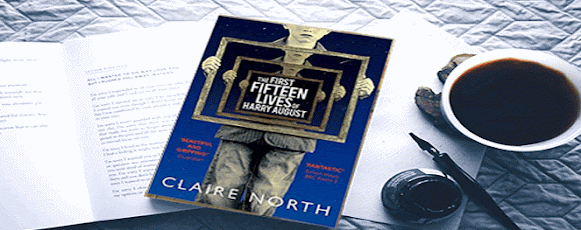RESOLUTIONS, CHESS, AND ME.
I normally don’t do New Year
Resolutions. I do, however, set a few general and occasionally specific goals
for the coming year.
This year I have set myself one definite goal. Promise not to laugh.
In 2021 my aim is to achieve a
chess rating of 1,600. Currently, as a beginner player, I have a provisional rating
of 400. Chess rankings go from 100 to, in theory, 3000.
The current world
number one, Grand Master Magnus Carlsen has a rating of 2862. Anyone under 1200
is simply considered a Novice.
To put my ambition into
perspective, a rating of 1400 is generally considered average club strength.
1600, intermediate. 1800, advanced. So, while1200-1400 is a respectable rating
for most. 1500-1600 is what many consider "good." Players with
ratings of 2600 or more are World Championship Contenders. 2400-2600 are where most Senior Masters
(SMs), International Masters (IMs), and Grandmasters (GMs) are rated. Whilst a rating of 2000-2200 is considered
Expert. Most never reach 1800.
First, I should say that I am not an absolute beginner. Like many
people. I learned to play chess at school. However, I was not particularly good.
I knew how all the pieces moved and understood the basic rules and the
objective. The trouble was I never took the time to learn tactics and
strategies. I simply reacted to my opponent's moves. When I found myself in a
winning position, usually more by accident than design, I did not know how to
finish off the game. I would miss winning positions and be blind to obvious checkmate
opportunities. Because of this, the games would often end up with me losing or
as a draw.
So, I never really developed a love for “playing” the game. However, something
obviously kept drawing me to the game because I never lost my fascination with
chess. Over the years, I would “tune in” to the wonderful world of chess. Like
millions, I was captivated by Bobby Fischer and followed his World Chess
Championship match with Boris Spassky. (I am probably showing my age now).
I bought the book so I could replay the games and was intrigued by the flawed
genius that was Bobby Fischer.
I think perhaps I was in love
with chess. I idolized it much like a young boy might idolize a film star. It
was out of my reach. I felt it was unattainable.
I would be attracted to books
like “Chess by Stefan Sweig (a classic recommended read by the way) and
The Art of Learning by Josh Waitzkin (check out his story and the book/film,
Searching for Bobby Fischer) where chess was used as a means of telling a
story and not trying to teach me the unteachable.
As you might imagine,
discovering the Netflix series The Queens Gambit was a revelation to me. I
devoured the episodes and, at the time of writing, have watched it from start
to finish three times.
Normally, I would happily enjoy the experience of simply appreciating chess
from afar before relegating it to the archives. This time however something
changed. Why shouldn’t I convert my love of the game as an abstract concept, to
a love and enjoyment of “playing” the game? After all, I am not a stupid
person. I am, if I do say so myself, a creative person. I can study, I can
learn.
Most chess grandmasters began
playing the game at an early age.
Some as young as six or seven years old. I will be sixty-eight on my next
birthday. So, I do not hold out too much hope of achieving GM status.
However, I do not see why I should not achieve a degree of competence and with
competence, hopefully, enjoyment of playing the game.
So, it is my aim for 2021 to achieve an appropriate chess rating and a standard
of play that will allow me to compete and enjoy the competition.
As New Year resolutions go it is not particularly inspiring or altruistic. It
is not designed to make the world a better place or even make me a better
person. I am incredibly happy with the person I am. It is, however, designed to
challenge me. Chess is a beautiful game, but it is also a cruel game. I have
already been spending quite a bit of time studying and I cannot begin to tell you the number of times it has made me feel stupid. When
I first learned to play the game, the only way to improve was to buy and study
chess books. Now, there are a number of online chess platforms to play and
study.
Many of them use spaced repetition as a learning tool. The problem
with this is that it is causing me to largely memorize the moves without really
understanding why they should be played. It is incredibly frustrating and
demotivating when you constantly get the “incorrect” or “this is a blunder”
message.
I suppose this is where the challenge is to be found. I know that, if I
persevere, the understanding will come. Therefore, I need the “rating” goal to
keep me focused and encourage me to keep at it.
Wish me luck.




























